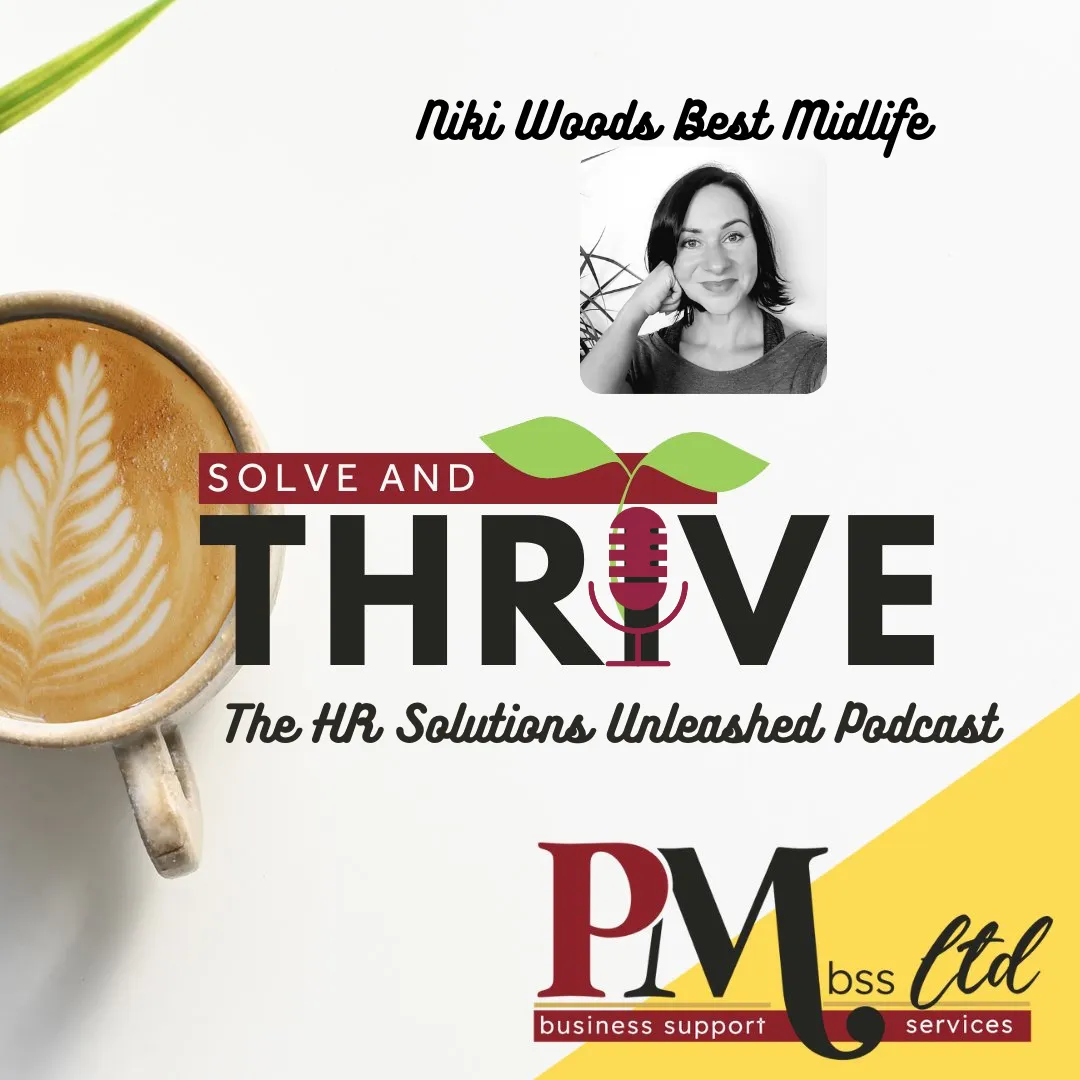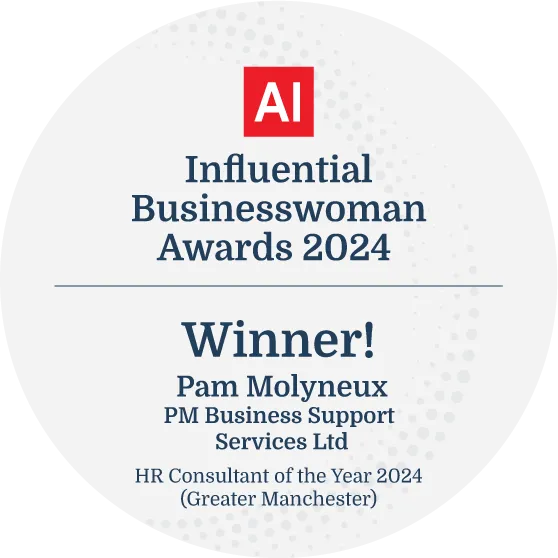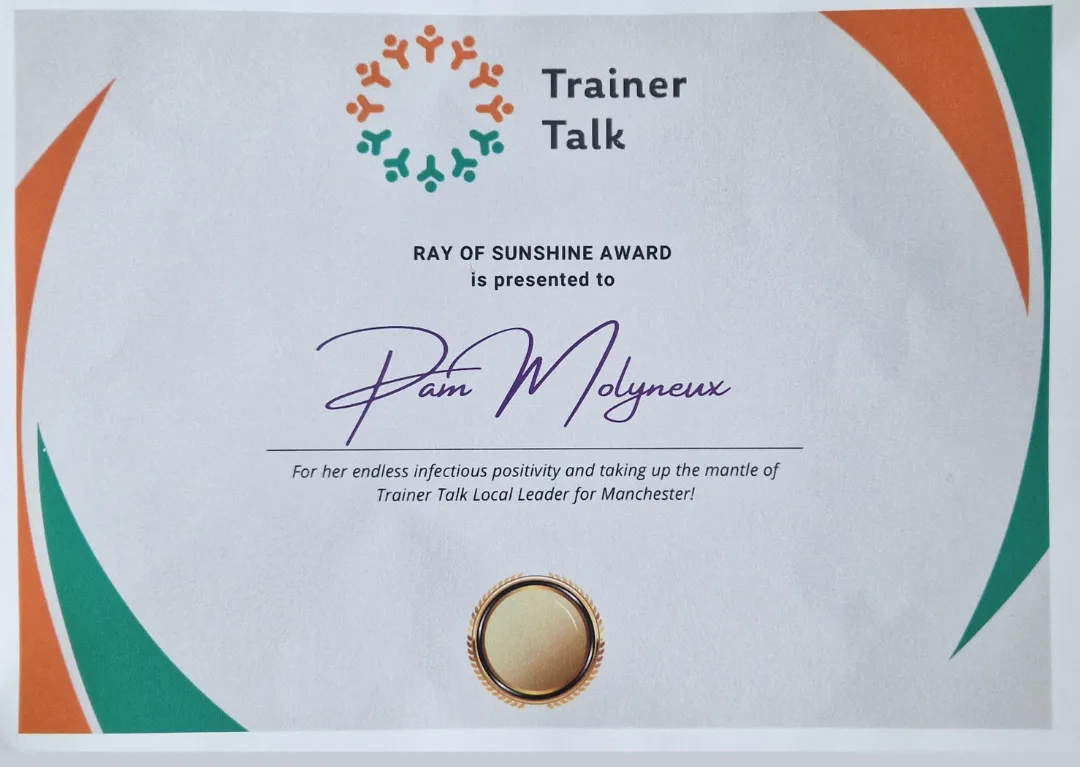Read Our Latest Blogs

Managers, how you can support menopause in the workplace
As a manager, we can feel helpless & not in control about what the organisation is doing on big policy matters, but this has to start somewhere, so why not with you?
As a manager, you are responsible for fostering a workplace culture that ensures the well-being of your employees. An area that arises is supporting employees through difficult situations and whilst this can be a complex and sensitive topic, having the right approach can make all the difference in providing effective support and maintaining a safe and productive work environment.
In this Solve & Thrive episode, we discuss the crucial role managers play in fostering an inclusive and supportive workplace which means understanding and addressing the impact of menopause on employees. While it has been a historically overlooked issue, the conversation is growing—and as leaders, we must ensure our workplaces evolve to support those experiencing this transition and those affected by it in other ways such as supporting a family member or friend.
With a workforce that includes a growing number of individuals experiencing menopause-related symptoms, it’s vital that we create a culture where open discussions and practical support are the norm, not the exception.
The Equality Act 2010 protects employees from discrimination based on age, sex, or disability—factors that could be relevant in menopause-related cases. Employers also have a duty under the Health and Safety at Work Act 1974 to ensure working conditions do not exacerbate symptoms or disadvantage employees undergoing menopause. Additionally, ACAS and CIPD guidance strongly emphasize workplace adjustments, clear policies, and a culture of openness around menopause.
So what Can You Do as a Manager? If you have listened to earlier podcast episodes you will know I have a go to Five Basic Management Principles
Know your company’s policy and procedure – Does your organisation have a menopause policy? Are there workplace adjustments available? Understanding existing policies allows you to provide informed and effective support.
Gather the facts: Who, what, when, why, where, and how? – If an employee is struggling, take the time to understand their specific challenges. Everyone’s experience of menopause is unique, so avoid assumptions and instead focus on active listening.
Communicate effectively using RACI (Responsible, Accountable, Consulted, Informed) – Sensitivity and discretion are key. Ensure employees feel safe discussing their concerns and that the right stakeholders, such as HR or occupational health, are consulted where necessary.
Align with organisational values – Many organisations emphasise diversity, equity, and inclusion. Supporting menopause in the workplace aligns with these values and helps create an environment where employees feel valued and respected.
Look after yourself – Supporting employees through menopause-related challenges can be complex. Ensure you’re taking care of your own well-being and seeking guidance when needed to avoid burnout.
In this episode, we are joined by Nikki Woods, a menopause educator and author, who shares expert advice on practical ways managers can support their teams. From reasonable adjustments to fostering open discussions, Nikki highlights simple yet powerful strategies that make a real difference.
Head on over to spotify to listen to the episode or you can see us on Youtube
Guest Niki Woods https://nikiwoods.com/menopause/












